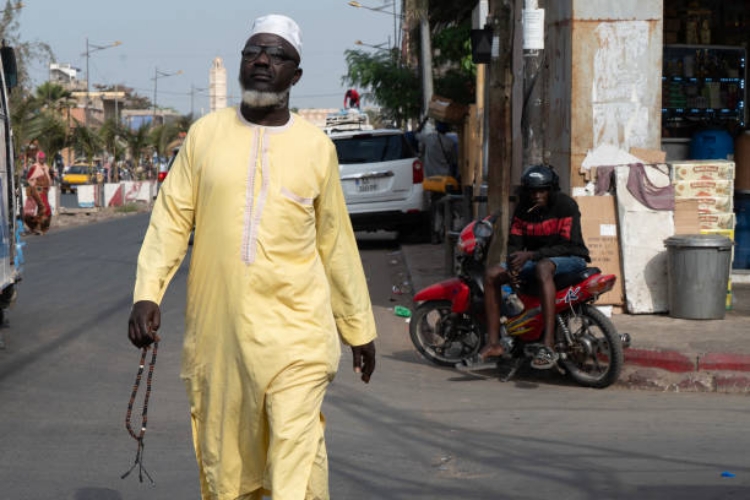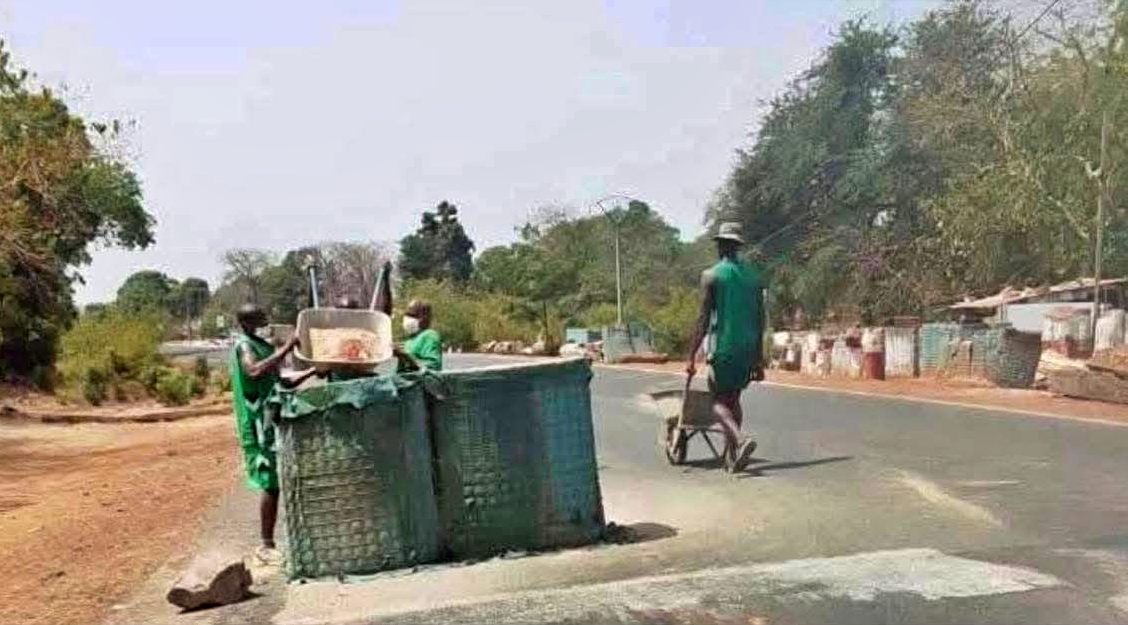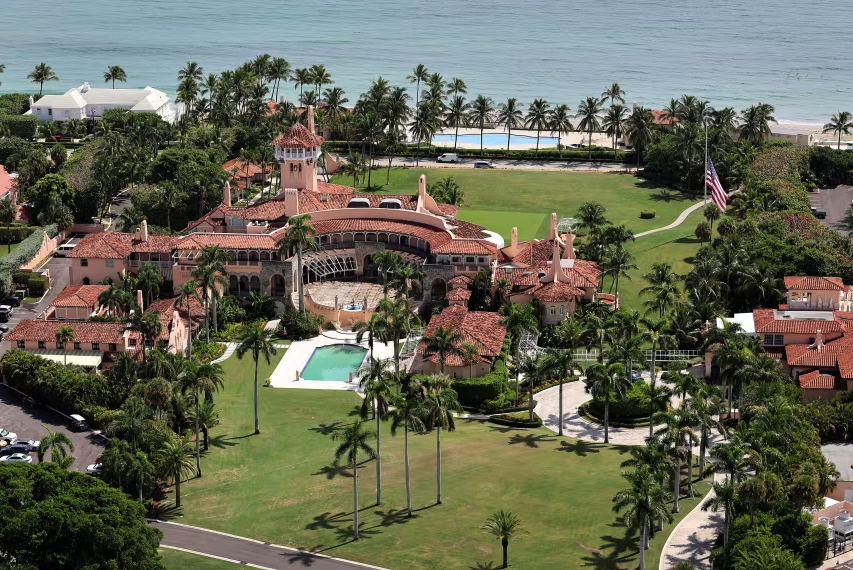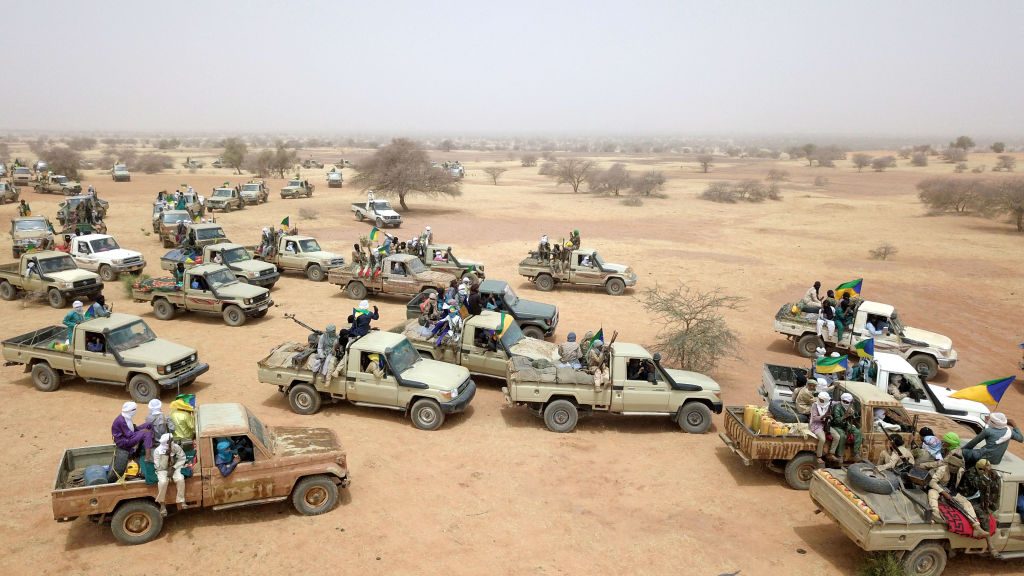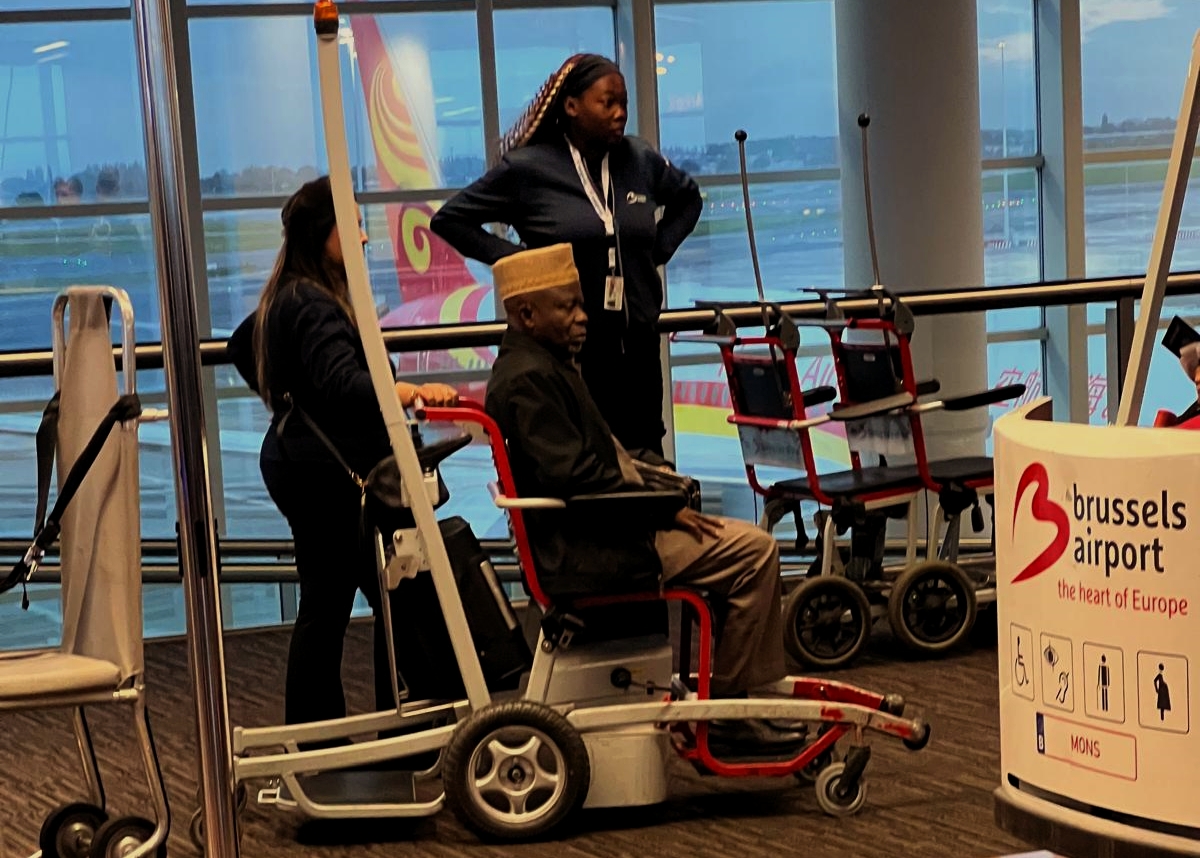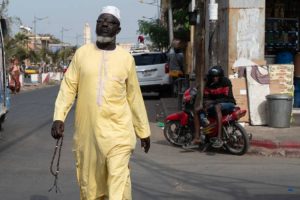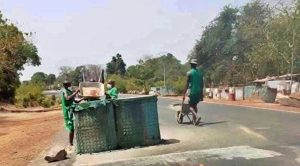Gambiaj.com – (BANJUL, The Gambia) – Photos of Gambian opposition leader Ousainou Darboe in a wheelchair, reportedly taken at Brussels Airport and leaked by members of the ruling National People’s Party (NPP), have ignited a heated discussion on social media this Monday. The 76-year-old politician and head of the United Democratic Party (UDP) is captured seated in a wheelchair while in transit—an image some allege is intended to discredit his political fitness and influence.
Although wheelchair assistance for elderly travelers is common in many international airports, the image has sparked widespread debate among Gambians, particularly surrounding Darboe’s age and his ambition to run for the presidency in 2026.
Supporters of the UDP have expressed disappointment over the release of the images, viewing it as a deliberate attempt to damage his reputation, while others have voiced concern for Darboe’s health and physical condition, hoping he is receiving adequate medical attention.
The photos have brought renewed focus on the larger question of leadership succession within the UDP and whether Darboe should continue as the party’s flagbearer. While Darboe maintains strong loyalty among UDP ranks, he faces growing calls from within the party to consider passing the leadership baton to a younger generation.
These voices argue that Darboe’s physical endurance became a topic of concern during the 2021 campaign, which he struggled to complete after an injury forced him into a wheelchair.
Despite the concerns, Darboe has repeatedly asserted his intention to lead the party into the next election, dismissing speculations that he might step down. Addressing UDP supporters in response to recent rumors, Darboe affirmed, “I have a legion of ‘soldiers’ that will stop at nothing to keep me. I’m confident that no one in the UDP wants to take my job.”
Yet, as the 2026 election nears, some within the UDP believe that Darboe’s steadfast resolve to lead might hinder the party’s chances of defeating incumbent President Adama Barrow.
Among those advocating for change, the name of Talib Bensouda, a popular figure in UDP and a younger candidate, has emerged as a potential alternative. Proponents argue that Bensouda could broaden the party’s appeal to younger voters and offer a revitalized vision for leadership.
The UDP leadership has, however, sought to mitigate internal divisions, urging members to concentrate on unity and resist early discussions over the party’s flagbearer. For many in the UDP, maintaining solidarity is essential as the party prepares to challenge President Barrow’s administration in the 2026 elections.
The controversy surrounding Darboe’s leaked photos underscores the complex dynamics within Gambian politics, where issues of age, succession, and leadership remain sensitive subjects.
Whether Darboe’s determination to lead can rally the UDP effectively in the face of internal calls for change and external political maneuvers will be a key factor in the party’s strategy for the years to come.



